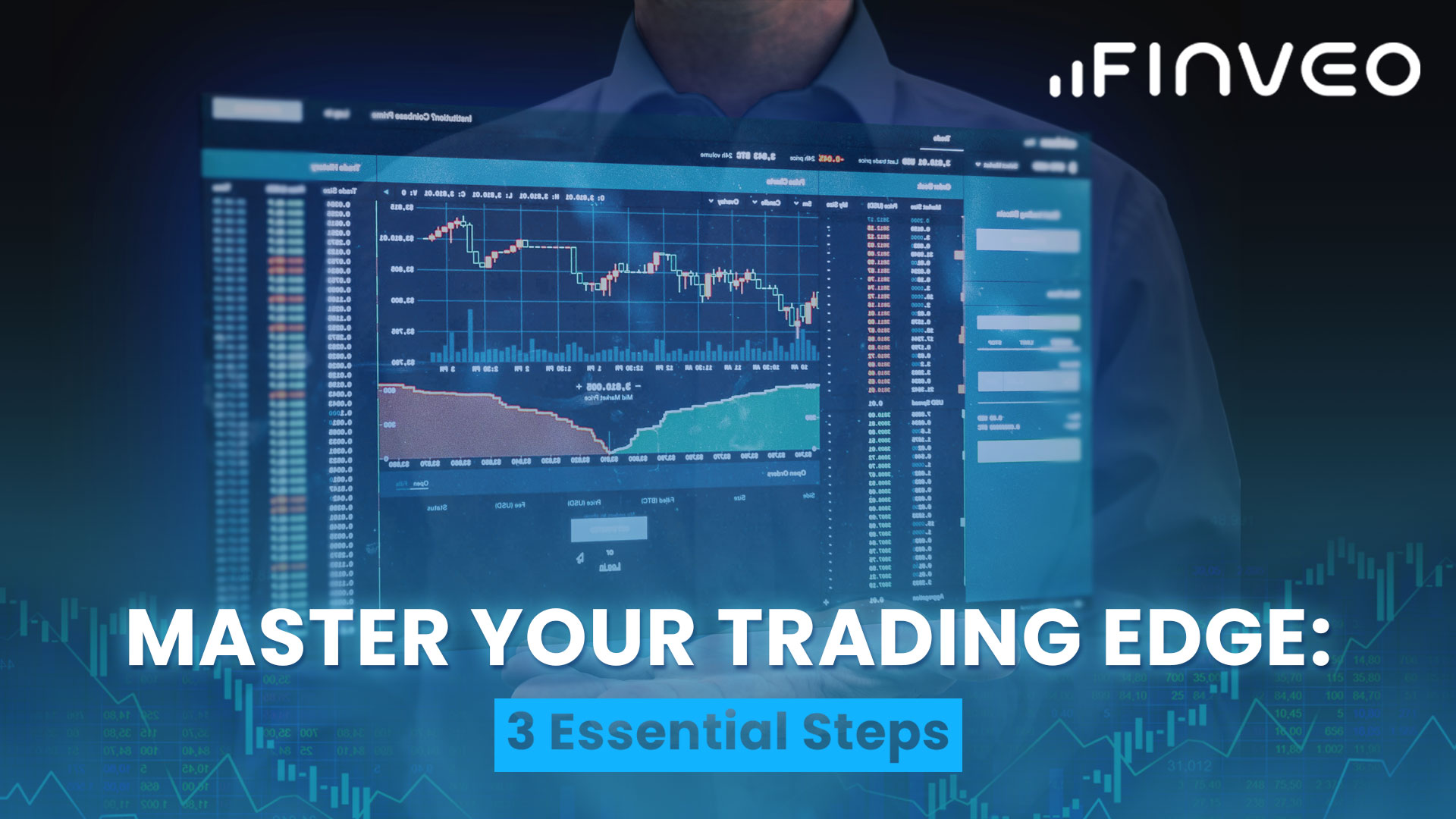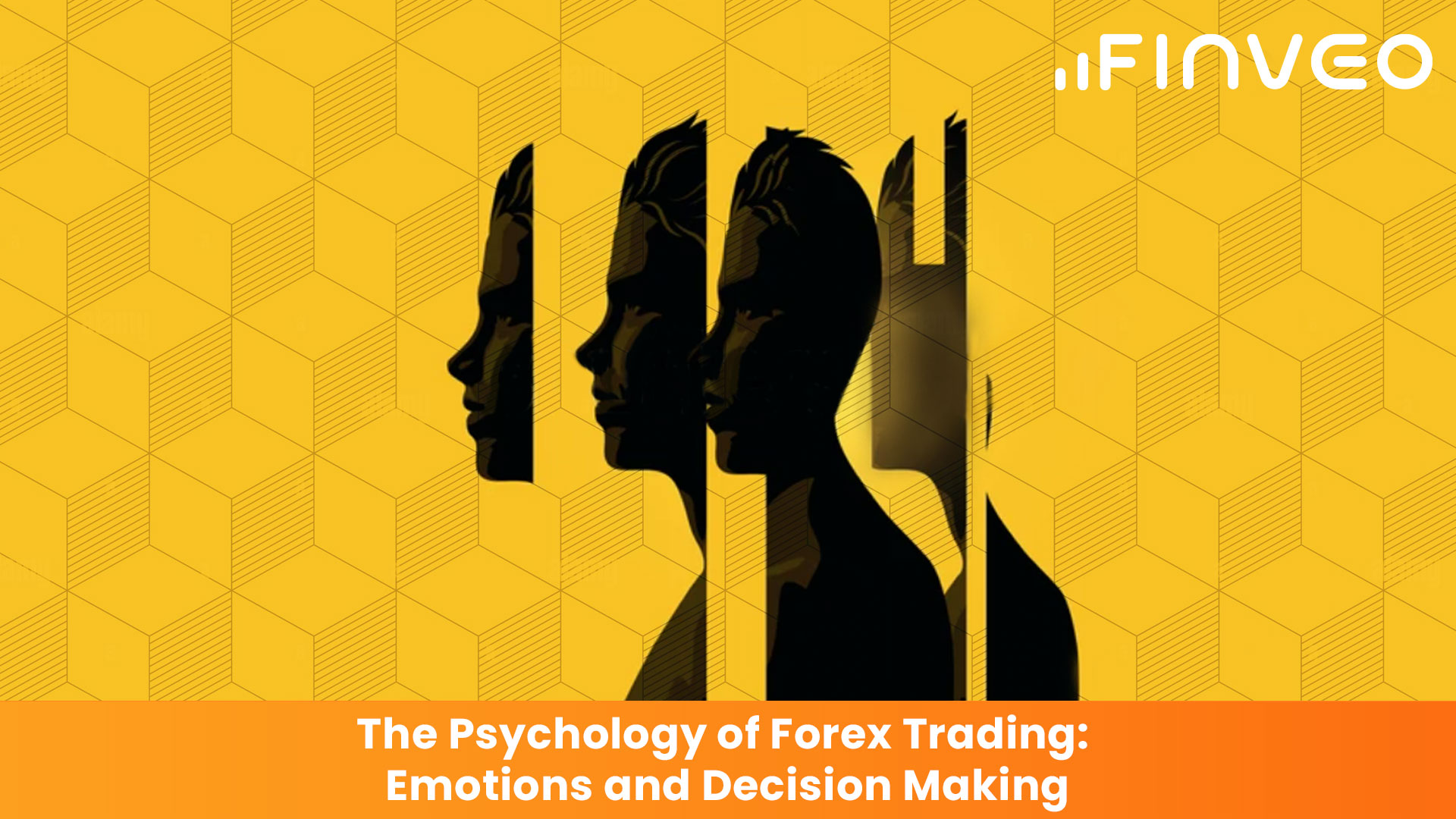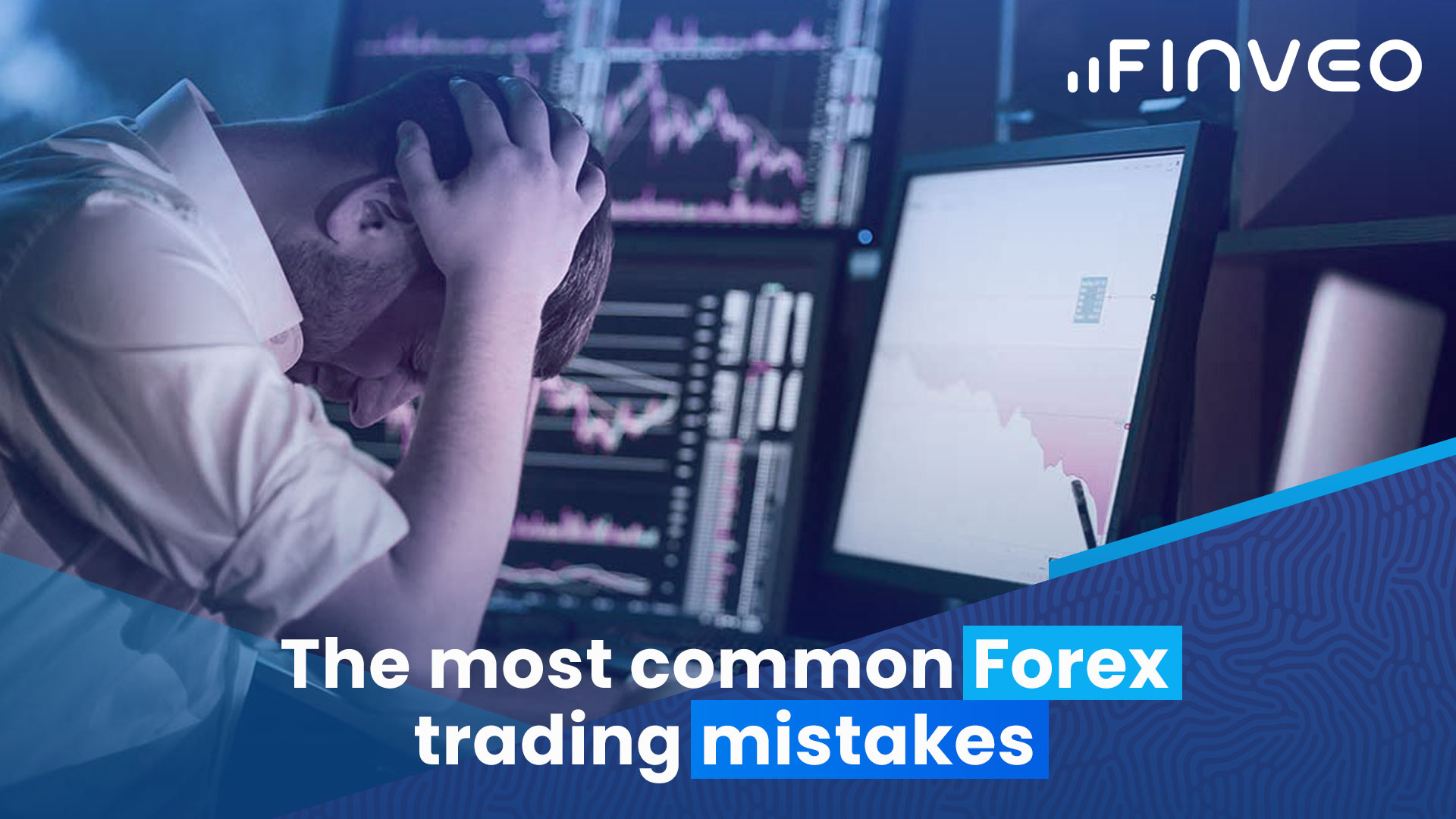Forex trading, or foreign exchange trading, is a popular and lucrative investment activity that involves buying and selling currencies. Forex traders aim to make a profit by buying low and selling high, but this can be easier said than done. Forex trading is not just about analyzing charts and using technical indicators. It's also about mastering the mind game and understanding how emotions can impact trading decisions. The psychology of forex trading plays a crucial role in the success or failure of a forex trader.
In this article, we will explore the psychology of forex trading, including the emotions that can affect a trader's decision-making process and the strategies that can help traders manage their emotions.
The Role of Emotions in Forex Trading

Emotions are an integral part of human decision-making and play a significant role in forex trading. Forex traders often experience a range of emotions such as fear, greed, hope, and regret, which can influence their decision-making process.
Fear is one of the most common emotions that forex traders experience. Fear can arise when a trader sees a position moving against them or when they are faced with uncertainty in the market. Fear can cause a trader to make impulsive decisions, such as closing a position prematurely or placing a stop loss too close to the entry point. These decisions can lead to losses and missed opportunities.
Greed is another emotion that can affect a trader's decision-making process. Greed can arise when a trader sees a potential profit opportunity and wants to maximize their gains. This can lead to overtrading and taking unnecessary risks, which can result in losses.
Hope is an emotion that can arise when a trader sees a position moving against them, but they hold onto it, hoping that the market will turn in their favor. This can lead to holding onto losing positions for too long and missing opportunities to exit the trade.
Regret is another dangerous emotion that can affect a trader's decision-making process. Regret can arise when a trader makes a losing trade and wishes they had made a different decision. This can lead to revenge trading, where a trader tries to make up for their losses by taking unnecessary risks.
Managing Emotions in Forex Trading
Managing emotions is crucial for success in forex trading. Traders need to learn how to control their emotions and make rational decisions based on market analysis and risk management strategies.
One effective strategy for managing emotions in forex trading is to develop a trading plan. A trading plan is a set of rules that a trader follows when making trades. A trading plan can include entry and exit points, stop loss and take profit levels, and risk management strategies. Following a trading plan can help traders make more rational decisions and reduce the influence of emotions on their decision-making process.
Another effective strategy for managing emotions in forex trading is to practice mindfulness. Mindfulness involves being aware of one's thoughts and emotions without judgment. Mindfulness can help traders observe their emotions and avoid making impulsive decisions based on those emotions.

Traders can also use visualization techniques to manage their emotions. Visualization involves imagining a successful trading outcome and how it would feel to achieve that outcome. Visualization can help traders stay focused on their goals and reduce the influence of negative emotions such as fear and greed.
Finally, traders can seek support from a trading community or a mentor. Joining a trading community or finding a mentor can provide traders with emotional support and advice on how to manage their emotions and make better trading decisions.
Final Thoughts
The psychology of forex trading is a crucial factor in the success or failure of a trader. Emotions such as fear, greed, hope, and regret can influence a trader's decision-making process and lead to impulsive decisions and unnecessary risks. Managing emotions in forex trading involves developing a trading plan, practicing mindfulness, using visualization techniques, and seeking support from a trading community or mentor.
You can join the Finveo Discord channel for getting inspiration from the community or open a free Demo account for practicing trading strategies and emotions management.




